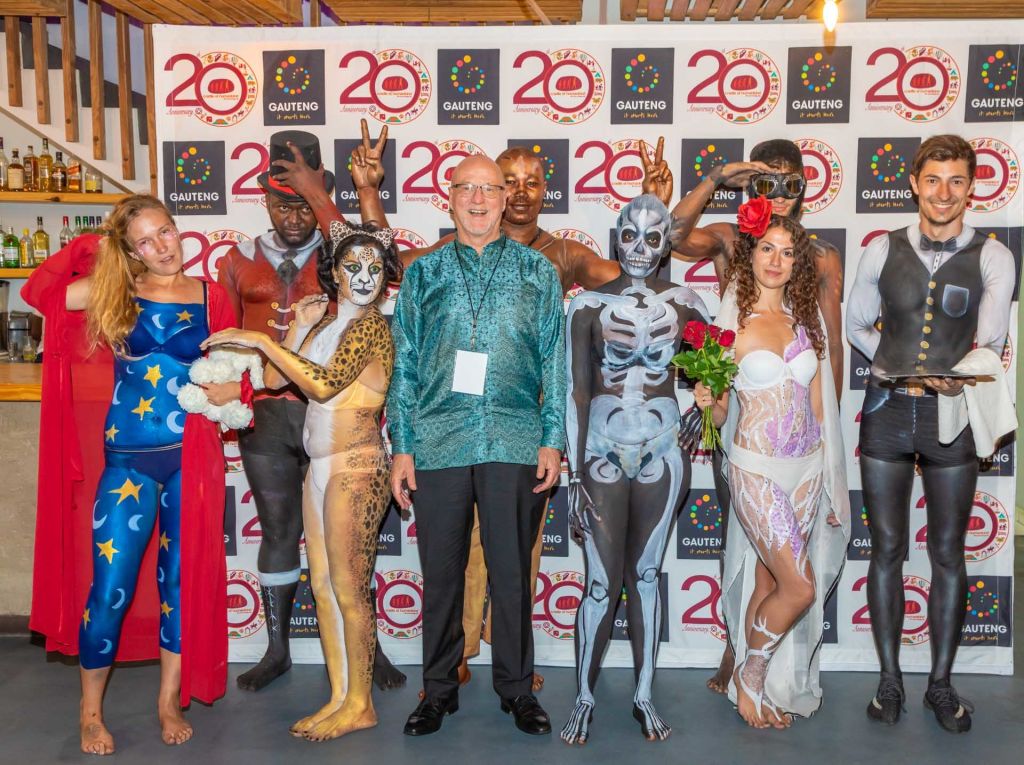Celebrating 20 years of World Heritage status
The Cradle of Humankind’s unique tourism offering was in the spotlight in Durban last week, as a special event at Africa’s Travel Indaba was held to celebrate the 20-year anniversary of its inscription as a UNESCO-inscribed World Heritage Site.
The Cradle of Humankind World Heritage Site is Gauteng’s only World Heritage Site and is part of the Fossil Hominid Sites of South Africa. It was inscribed two decades ago, in Morocco on 2 December 1999.
Cradle of Humankind World Heritage Site chief operating officer John Nesidoni says the destination, situated in north-western Gauteng, has developed over the years from a few tourism offerings back in 1999 to a diversified, must-see tourism destination.
This has largely been through effort and cooperation between the provincial government and partners like Wits University, the private sector, tourism establishments and local communities. He also described the diversity of tourism offerings available in the site, over and above its remarkable and unique fossil record.

The keynote speaker at the Durban event was Minister of Tourism Derek Hanekom.
This world-renowned site was one of the first three World Heritage Sites in South Africa, along with Robben Island and the Isimangaliso Wetland Park. The claim to fame of the Cradle of Humankind World Heritage Site is the extraordinary abundance of fossils of human ancestors and their relatives dating as far back as 3.6-million years ago. The only other place that has yielded ancient human fossils of this kind is in East Africa.
The Cradle has continued to produce world-famous fossils, including two species new to science, namely Australopithecus sediba and Homo naledi.
The minister emphasised the importance of protecting and conserving this World Heritage Site, while at the same time developing it for tourism and showcasing it to South Africans and the world.
“The Cradle of Humankind World Heritage Site needs to contribute more to the economy of the region, society in general and the country.”
“Despite what has been achieved, we cannot rest on our laurels. The Cradle of Humankind World Heritage Site needs to contribute more to the economy of the region, society in general and the country. We do not inherit the earth from our ancestors; we borrow it from our grandchildren,” he said.
“Well done to all those who have played a pivotal role in protecting and conserving this incredible World Heritage Site for current and future generations of the world. May the Cradle of Humankind World Heritage Site grow from strength to strength so that our descendants can be handed a site that has been well maintained for future generations.”